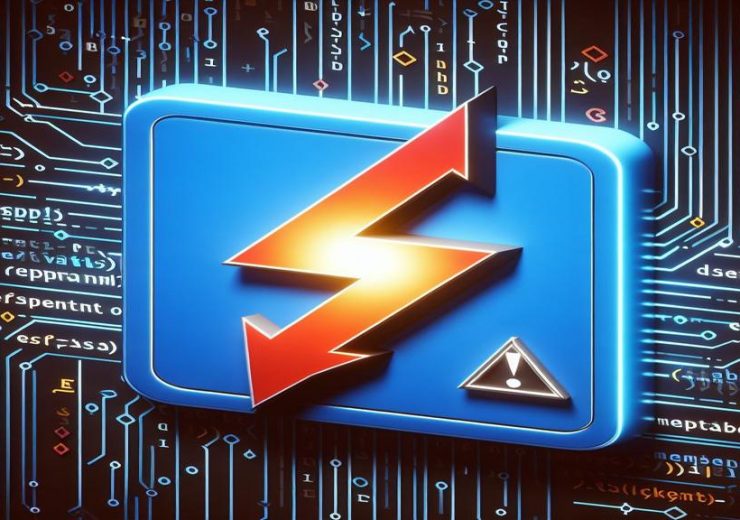The verification of smart contracts is essential to ensure security and transparency in blockchain projects. Tools such as Etherscan and Sourcify are analyzed, and their usage is detailed through Hardhat.
Safely sending Ether between contracts requires understanding all the possibilities offered by Solidity and applying appropriate design patterns to prevent vulnerabilities and attacks.
Custom errors in Solidity are a more efficient alternative to throwing strings in exceptions, reducing gas usage and allowing for structured error handling.
Design pattern for smart contracts aimed at efficient deployments on the blockchain, utilizing immutable clones of an implementation contract. Based on the EIP-1167 standard.
Solidity libraries in smart contract programming optimize gas usage and reduce the size of deployed code, allowing for function reuse.




